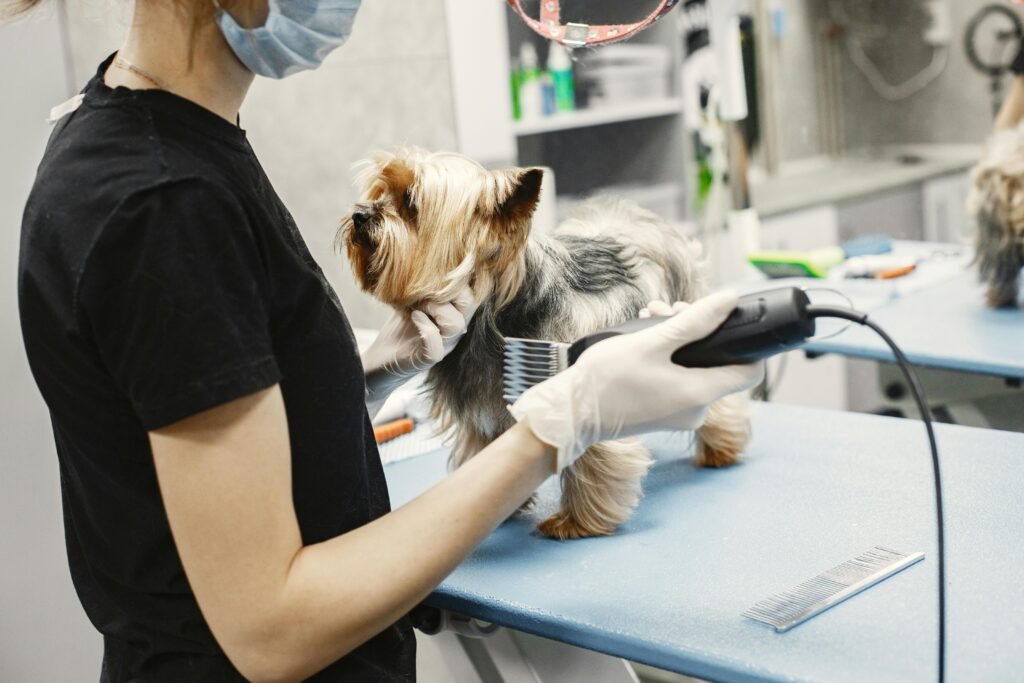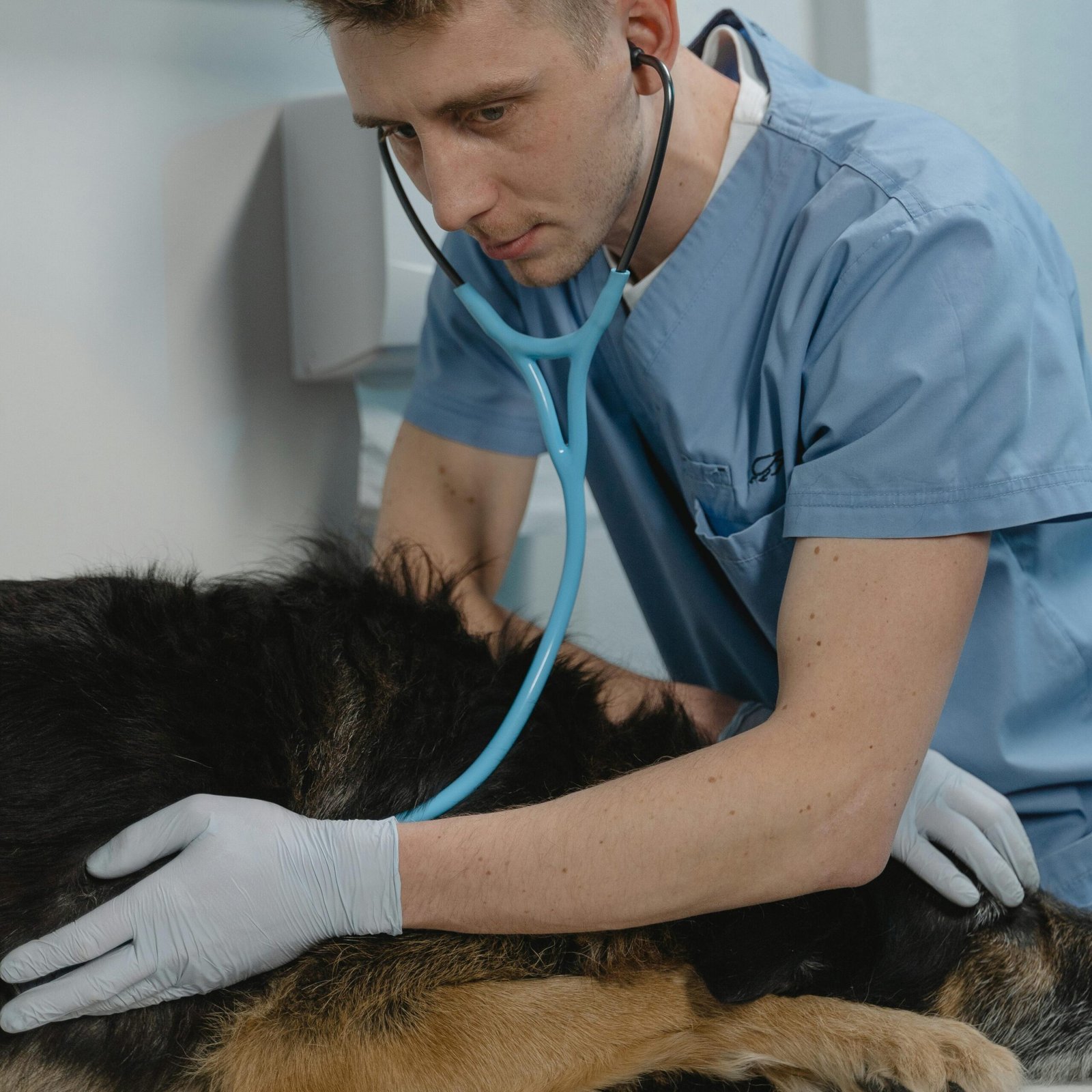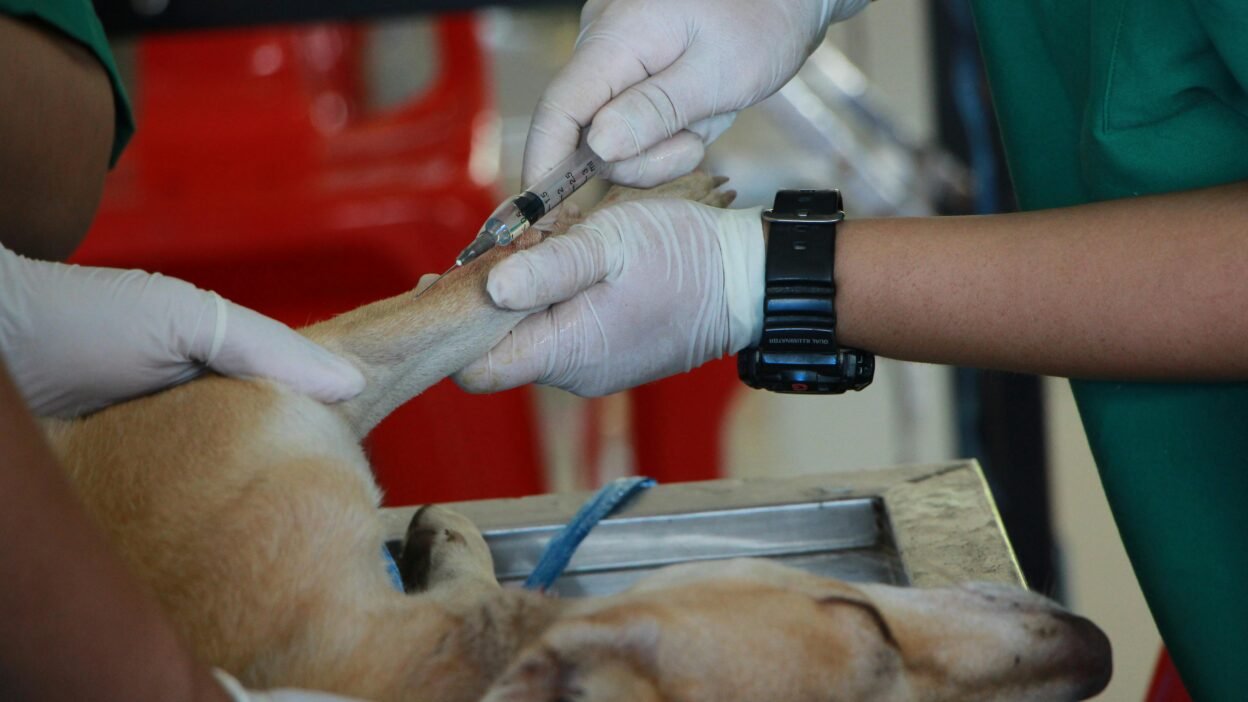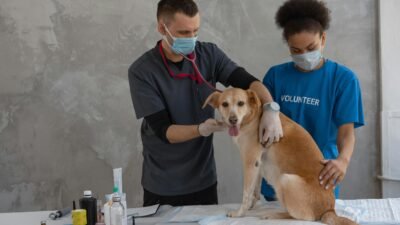Welcoming a new puppy into your home is an exciting experience, but it also comes with significant responsibilities. One of the most crucial aspects of caring for your new furry friend is ensuring they receive the proper vaccinations. Vaccines protect your puppy from potentially life-threatening diseases and set the stage for a healthy, happy life. Here’s everything you need to know about puppy vaccination requirements.
Why Are Vaccinations Necessary for Puppies?
Puppies are born with immature immune systems, making them vulnerable to infections. While they receive some antibodies from their mother’s milk, this protection is temporary. Vaccines work by stimulating your puppy’s immune system to build defenses against specific pathogens, ensuring long-term immunity.
Without proper vaccinations, your puppy risks contracting severe illnesses that could lead to costly treatments—or worse, fatal outcomes.
Core Vaccines: The Essentials Every Puppy Needs
Core vaccines are universally recommended for all puppies due to their protection against widespread and severe diseases. These include:
- Canine Distemper Virus (CDV)
Protects against a contagious and often fatal viral disease that affects the respiratory, gastrointestinal, and nervous systems. - Canine Parvovirus (CPV)
A highly contagious disease causing severe vomiting and diarrhea, often fatal in young puppies. - Canine Adenovirus (CAV-2)
Prevents infectious hepatitis and some respiratory illnesses, like kennel cough. - Rabies
A fatal disease that affects the nervous system and poses a risk to humans. Most regions mandate rabies vaccination by law.
Non-Core Vaccines: Tailored to Your Puppy’s Lifestyle
Non-core vaccines are optional but recommended based on your puppy’s environment, lifestyle, and exposure risks. Examples include:
- Bordetella bronchiseptica
Protects against kennel cough, especially if your puppy will be boarded or socialized with other dogs. - Leptospirosis
Guards against a bacterial infection that can spread to humans. This vaccine is often recommended for dogs in areas with standing water or wildlife. - Lyme Disease
Essential for puppies in tick-prone regions, protecting against tick-borne bacterial infections. - Canine Influenza
Recommended for puppies frequently exposed to other dogs, such as in doggy daycare or training classes.
Puppy Vaccination Schedule
A well-planned vaccination schedule ensures your puppy builds immunity at the right pace. Here’s a typical timeline:

- 6–8 Weeks
- First doses of distemper, parvovirus, and adenovirus vaccines.
- Bordetella may also be administered, depending on lifestyle needs.
- 10–12 Weeks
- Second doses of core vaccines.
- Optional non-core vaccines, such as leptospirosis or canine influenza.
- 14–16 Weeks
- Final doses of core vaccines, including rabies.
- Booster for non-core vaccines, if necessary.
- 12 Months
- A booster dose of core vaccines ensures long-term immunity.
How Vaccines Are Administered
Vaccines are typically injected under the skin, though some (like Bordetella) may be administered as a nasal spray. Each vaccine is designed to be safe and effective, with minimal discomfort for your puppy.
Monitoring Your Puppy After Vaccination
While vaccines are generally safe, puppies may experience mild side effects such as:
- Temporary soreness or swelling at the injection site.
- Lethargy or mild fever.
- Loss of appetite.
These side effects usually subside within a day or two. Severe reactions, such as difficulty breathing or vomiting, are rare but require immediate veterinary attention.
What Happens if You Miss a Vaccine?
Missing a vaccine can leave your puppy vulnerable to diseases. If you’re unable to stick to the recommended schedule, consult your veterinarian to reschedule. Delayed vaccinations might require restarting the series, depending on how much time has passed.
Costs of Puppy Vaccinations
The cost of vaccinating a puppy varies but typically ranges between $150 and $300 for the complete initial series. While this might seem like a significant expense, the cost of treating preventable diseases is often much higher.
Creating a Safe Environment Post-Vaccination
After vaccinations, it’s essential to protect your puppy while their immunity builds. Avoid exposing them to unknown dogs, communal areas like dog parks, or environments with high disease risks until their vaccine series is complete.
Working with Your Veterinarian
Your veterinarian is your partner in ensuring your puppy receives the right vaccinations. They will tailor the schedule based on your puppy’s breed, age, and lifestyle, as well as regional disease risks.

Building a Lifelong Immunization Routine
Puppy vaccinations are the first step in lifelong health. Once the initial series is complete, maintain regular booster shots as your dog grows. Staying on top of vaccinations ensures ongoing protection and keeps your pet safe as they encounter new environments and other animals.
Conclusion
Vaccinating your puppy is an essential responsibility that ensures their health and protects the wider dog community. By following a comprehensive vaccination schedule and working closely with your veterinarian, you can give your puppy the best start in life. Healthy puppies grow into happy dogs, and keeping up with their immunizations is a critical part of that journey.




